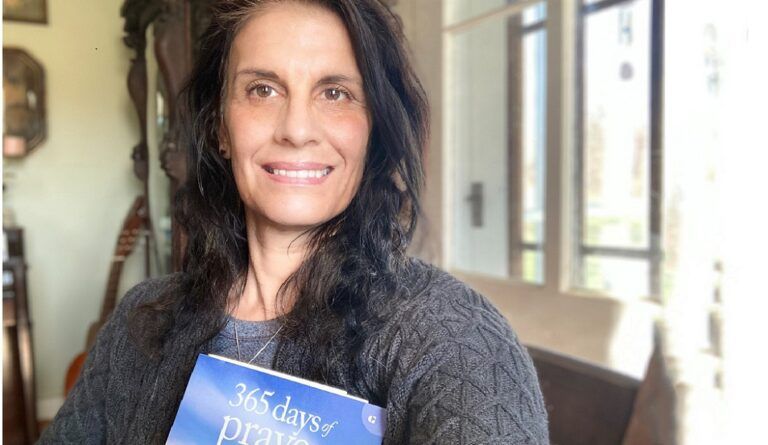My 15-year-old son, John, suffers from chronic anxiety and periodic depression. Right now he’s in a tough stage; he’s feeling blue and is easily triggered to anger. It’s challenging. The worse he feels, the more he acts out—and the more negative feedback he gets.
Sadly, there are times when I can do absolutely nothing to make things better for my son. I can’t flip a switch and change his brain chemistry or make him more pleasant to be with. There are, however, a million buttons I can push to make matters worse. And this is true of interactions with any difficult person. The path of responding to the human within is narrow and difficult. The path of reacting to his behavior is wide and easy. Only one leads us closer to God.
I can’t always untangle what’s going on inside the heads of others. So I find myself, with some frequency, asking the Holy Spirit to show me (gently, please!) what’s going on inside my own. I ask to be shown the ways I need to change, the ways I am contributing to whatever people-problem I face, the ways I can be a better witness to Christ.
That usually pulls me up short, and gives me plenty to focus on besides the other person’s weaknesses and flaws and sins and intransigence. We can’t draw closer to God if we don’t recognize where we need to grow. And if a difficult person or social situation puts the spotlight on that, it’s a blessing.







